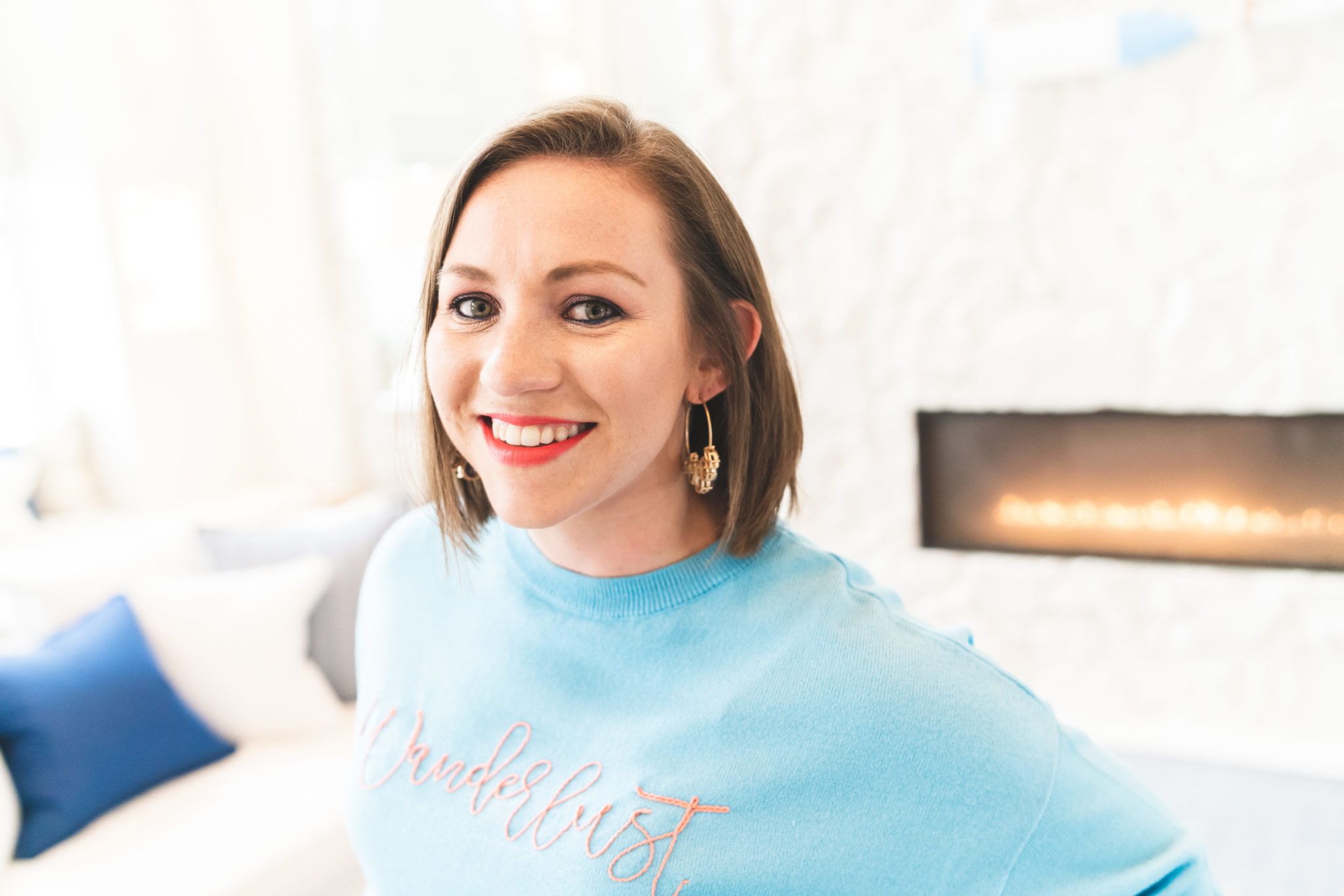In the 1990s, my father retired from the Army and found a “fun job” in Game Day Operations for an ECHL (formerly the East Coast Hockey League) team in Augusta, Georgia. We practically lived in the arena and I became mesmerized by the sport. At the insightful age of 10, I knew that someday I would be a professional hockey player.
Stepping onto the ice was like freedom. It’s one of the only things I’ve ever done where time just flies. People say that’s when you really love something. As a kid I really took to skating; picked it up in a couple of years and was ready to join a league.
It turns out, I wasn’t very good.
The referee would drop the puck and by the time my stick hit the ice, everyone was gone. No position seemed to suit me. I was pretty unremarkable and each season I progressed by sitting on the bench longer and longer. That’s no way to live or play.
Competitiveness has never been a strong suit of mine. We win: “Yippee!” We lose: “We’ll get ‘em next time.” Either way, I knew the team was going to the pizza buffet after the game. But I’d be lying if I said sitting on the bench made me feel like a good teammate. I might not be competitive, but I do have high standards.
One night after practice, I told my dad I was tired of the guys skating past me. As a defenseman (er … woman?) it was my job to protect the goalie. In my attempts to steal the puck, I might choose the wrong side, they would pass to someone else, or often just skate by me and score. Regardless of the method, I was left standing at the blue line and out of position. It was clear that my default was to react to the moves other people made.
He said: “Sometimes reacting will work, but a great hockey player anticipates where the puck might go. Before the play happens you already know what you’re going to do. In other words, you make the first move.”
If you’ve played any sport before, you may have been taught a similar skill.
Flash forward to this moment in time … the global COVID-19 pandemic. The Great Pause.
I was having a (socially distant) conversation with friends and local business owners. We were connecting, commiserating and brainstorming. Some of us had shut down, sent employees home, lost thousands in revenue; but all of us were kept up at night by the same question, “What now?”
Humans love certainty. Predictability is like a drug to our brains. When we think we have all the answers, dopamine literally rewards our bodies with the feelings of security and survival.
We’re not rewarded when we don’t have all the answers. No dopamine. No good feelings.
I don’t know about you, but I’m not experiencing a whole lot of certainty or predictability right now. Every single day has been a tumultuous cycle of energy, confusion, productivity and opening and closing the refrigerator 37 times.
My brain is in hustle mode all day long. I’ve gotten away from doing what makes me happy and shifted into survival mode because work, as I’ve known it, has gone away. I find myself doing things out of character like scrolling through social media and comparing myself to others.
In small moments of clarity, when I’m out of my pandemic-brain, I know deep down that I didn’t leave a cozy corporate job to hustle for my worth. I started a company because I am unique and I have the potential to make a positive impact on the world. I’m not reactionary, I’m revolutionary.
If you’re like me, you may also have symptoms of pandemic brain. More importantly, you probably noticed the last few weeks have looked like this:
- People are waiting around to be told what to do.
- Businesses are waiting around for someone to make a move.
What I told my friends, and I’m now telling you, is to be the one in your space to make the first move.
The day after that conversation, Barack Obama spoke these words at the Graduate Together Commencement, which I heard not as a politician but as a leader. He said, “If the world is going to get better, it’s going to be up to you. With everything suddenly feeling like it’s up for grabs, this is your time to seize the initiative.”
A move doesn’t have to be monumental; it shouldn’t be. Iterate, experiment, try. If you aren’t sure what that looks like, let’s talk about it.
Think about all the moves we’ve seen made so far: shower curtain partitions in restaurants, cocktails to go, and ultraviolet light sanitization. What does making a move look like for you?
Start by asking your people what move they want to make. It’s important to get their input before providing your own. Second, establish clear boundaries and be explicit about what is safe to try and not safe to try as it pertains to your business. Check-in along the journey. We’re in this for the long haul.
Here’s to making the first move. I’ll be doing the same.
P.S. I never became a professional hockey player, but I came very close. Check me out on LinkedIn to see how close I got … and go, Bolts!
Kim Linton is the owner of 1Light Daring Leadership & Facilitation. She works with individuals and teams who want to make work modern, courageous and intentional. She is a certified dare to lead facilitator and provides agile, repeatable, profitable solutions for teams. Reach her at [email protected] and see more at weare1light.com.








